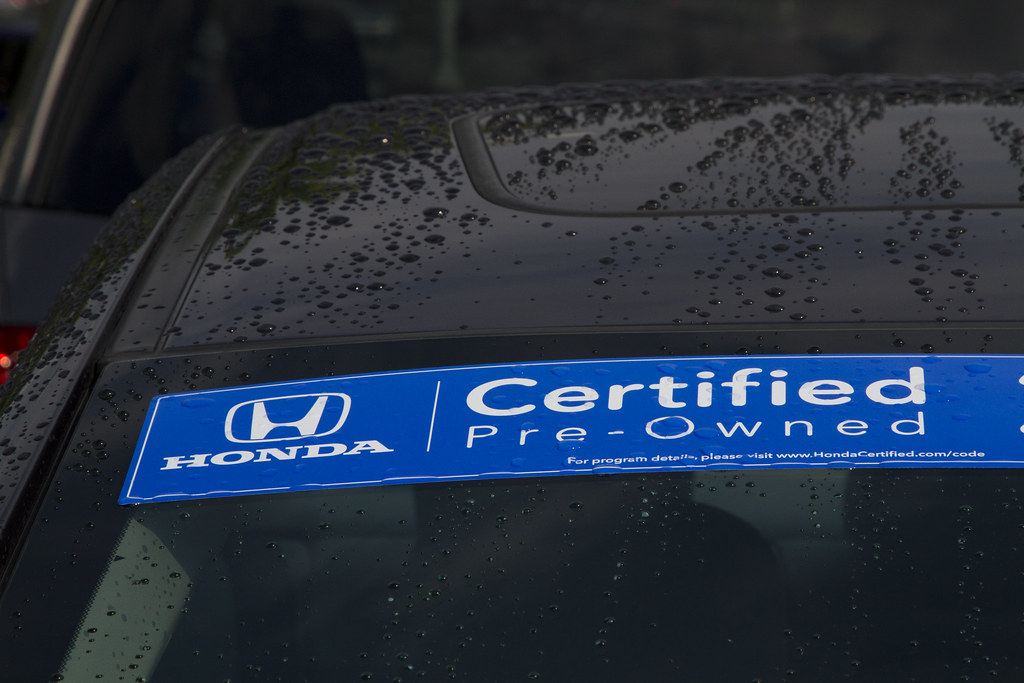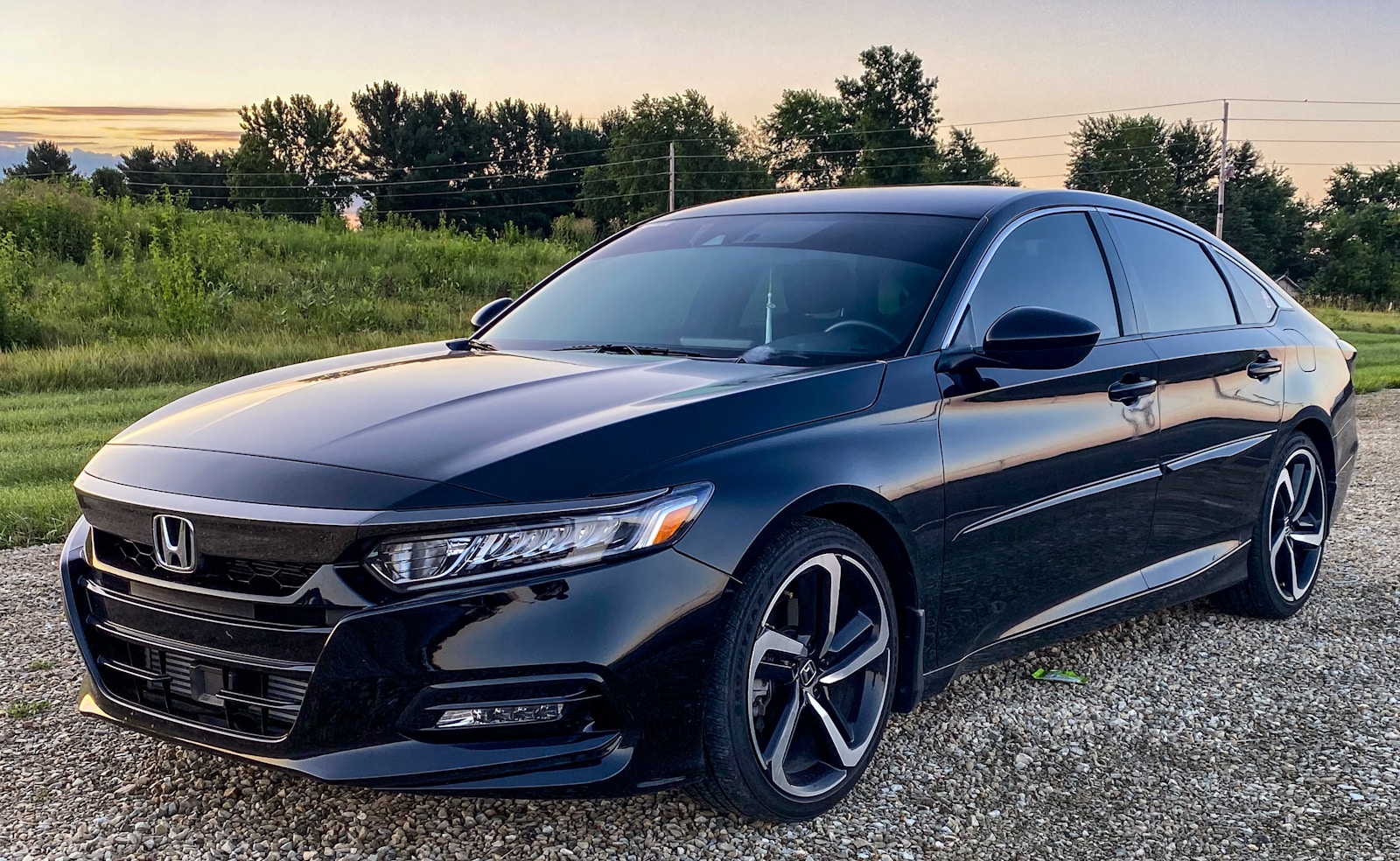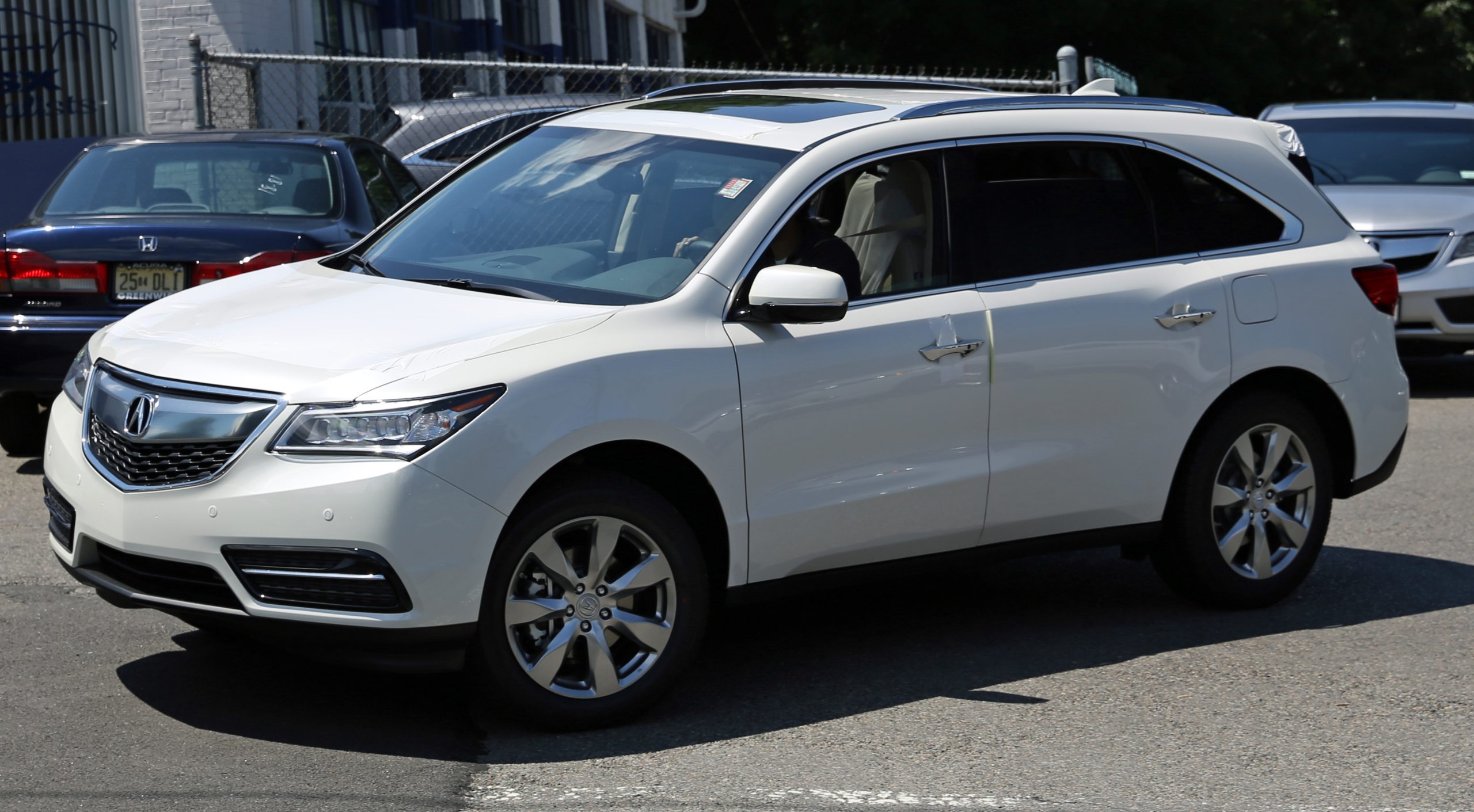Buying a car is one of the biggest financial decisions most people make—and if you’re shopping for value, reliability, and peace of mind, Certified Pre-Owned (CPO) vehicles often hit the sweet spot. But are they worth the premium over regular used cars? And how do they compare to buying brand new?
Let’s break it down.
What Is a Certified Pre-Owned Car?

A Certified Pre-Owned (CPO) car is a used vehicle that has passed a manufacturer-backed inspection process. It’s typically:
- Less than 5-6 years old
- Has lower mileage (usually under 80,000 miles)
- Has never had major damage or title issues
- Includes a manufacturer-backed warranty and benefits like roadside assistance
The key difference? It’s been inspected and approved by the automaker or an authorized dealer, not just cleaned up for resale.
Pros of Buying a Certified Pre-Owned Vehicle
✅ 1. Manufacturer Warranty
Most CPO cars come with a limited powertrain or bumper-to-bumper warranty, often valid for 12–24 months or up to 100,000 miles total. This offers real protection against costly repairs.
✅ 2. Thorough Inspection
CPO vehicles undergo a multi-point inspection (often 100+ checks), including brakes, tires, fluids, suspension, engine components, and more. You’re getting a car that’s been vetted, not just detailed.
✅ 3. Roadside Assistance and Perks
Many programs include roadside assistance, loaner cars, and free maintenance for a limited time, which adds convenience and value.
✅ 4. Newer Cars, Lower Prices
CPO models are often off-lease returns, just a few years old. You get modern features and tech at a discount compared to new.
✅ 5. Better Financing Rates
Dealerships often offer lower APR financing on CPO cars than traditional used cars—sometimes nearly as low as new-car rates.
Cons of Buying a Certified Pre-Owned Car
❌ 1. Higher Price Than Regular Used
CPO vehicles typically cost $1,000–$2,500 more than comparable non-certified used cars due to inspection, warranty, and dealer markup.
❌ 2. Limited Selection
Because of the strict criteria, your choices might be limited—especially if you’re looking for a specific model, color, or feature set.
❌ 3. Not All Programs Are Equal
Manufacturer CPO programs are usually reliable. However, some third-party or “dealer-certified” programs can cut corners. Always research what the certification actually includes.
❌ 4. Dealership Required
You can’t get a true manufacturer CPO vehicle from a private seller. You’ll need to go through an authorized dealership—meaning less price negotiation flexibility.
Certified Pre-Owned vs. Used vs. New: A Comparison
| Feature | Certified Pre-Owned | Used (Non-Certified) | New |
|---|---|---|---|
| Price | Moderate ($$) | Lowest ($) | Highest ($$$) |
| Age & Mileage | < 6 years, < 80k miles | Any | Brand new |
| Warranty | Included (limited) | Not guaranteed | Full factory warranty |
| Inspection | Multi-point certified | Varies | Factory new |
| Financing Rates | Competitive | Higher | Best available |
| Depreciation | Already absorbed | Varies | Immediate after purchase |
| Peace of Mind | High | Low–moderate | Highest |
When Is a CPO Car a Smart Buy?

CPO cars make the most sense if you:
- Want peace of mind and a warranty without paying full price for a new car
- Are buying your first car or shopping for a family vehicle
- Drive frequently and want reliable transportation backed by a brand
- Want a newer model with modern safety features and tech
It may not be worth it if you:
- Are buying a very low-mileage used car with a clean history for a great price
- Are mechanically inclined and comfortable with private-party purchases
- Want to save as much money as possible and don’t care about extras or warranties
Real-World Example

Let’s say you’re shopping for a 2021 Honda Accord.
- New: $30,000 with full factory warranty
- Used (non-CPO): $22,000 with no warranty
- Certified Pre-Owned: $24,000 with 1-year bumper-to-bumper and 7-year powertrain warranty
For $2,000 more than the used version, you get peace of mind, better financing, and some new-car-like benefits—without taking the full depreciation hit of buying new.
Tips for Buying a CPO Car
- Stick to manufacturer-backed programs (e.g., HondaTrue, Toyota Certified, Ford Blue Advantage)
- Get a copy of the inspection report and review it yourself
- Compare the CPO warranty coverage to the original factory warranty
- Ask if the car was a lease return or fleet vehicle
- Negotiate—yes, even on CPOs, especially if buying older stock
FAQs
1. Is a CPO car better than a used car?
Generally, yes—if you’re looking for added warranty, assurance, and lower risk, a CPO car is better than a non-certified used car, though it will cost more.
2. Can I negotiate the price of a CPO car?
Yes. While CPO pricing is more structured than regular used cars, you can still negotiate the price, interest rate, or even ask for extras like free maintenance or tire replacement.
3. How do I know a CPO program is legitimate?
Always verify that the certification is from the manufacturer, not just the dealer. Look for badges like “Toyota Certified Used Vehicle,” “Lexus L/Certified,” or “BMW Certified Pre-Owned.”
Final Thoughts
Certified Pre-Owned cars offer a great middle ground between buying new and going the used route. They’re perfect for drivers who want value without giving up modern features or peace of mind. While they’re not the cheapest option on the lot, their reliability, warranty coverage, and dealership backing can make them the smartest long-term investment—especially in 2025’s used car market.
If you’re shopping used but want the confidence of buying new, CPO might be exactly what you’re looking for.
Let’s Talk Cars
Have a question? A suggestion? Just want to say hi?
You’re in the right place.
Use the form below to reach out to the AutoSpecs Daily team. We're happy to hear from readers, car lovers, first-time buyers, and anyone who's got something to share.
What can you contact us about?
- Feedback on one of our articles
- Ideas for new topics you'd like us to cover
- Questions about cars, gear, or general auto advice
- Media, partnership, or brand inquiries
- Anything else that's on your mind
We check every message that comes through and do our best to respond within 2 to 3 business days.
We don’t list an email address here to avoid spam, but the contact form is the best and fastest way to reach us.
Thanks for stopping by. We're glad you're here.

